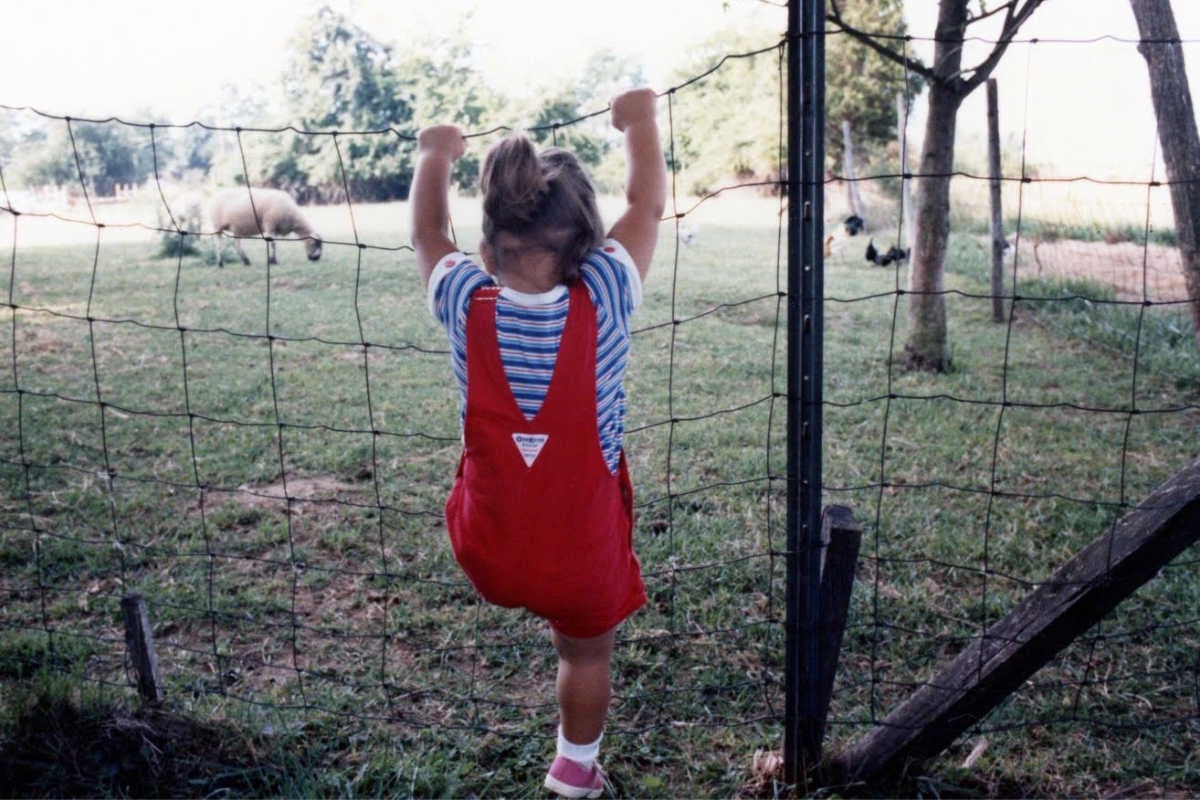
Warning: This article deals with child sexual abuse and may be triggering for some readers.
Two decades later and little had changed. The same threadbare sectional was pushed up against the same faded navy curtains. Black-and-white family portraits sat in tarnished gold frames. Stale coffee hung in the air.
I had driven to the farmhouse with my father and sister after an invitation from my estranged grandmother. He was dying, she said.
“He wants to see you,” she added.
The court case had torn the family apart. I was a freshman in high school when I finally told my grandfather’s secret — my secret, really. That’s what abuse does to a person. It makes the perpetrator’s secrets your own. What should be their shame becomes yours.
Your silence. Your identity. Your fault.
As the turmoil escalated, I did the only thing I knew to do: I ran. At seventeen years old, I ran from the ruins of childhood into the ruins of war. I spent years searching for myself in the camps and chaos of the Middle East and Central Asia.
I wanted to feel alive — or, perhaps, to just feel less dead. To feel something.
Over the course of twenty years, I would recreate myself. I would forge a new identity out of shrapnel and baby bottles and moving boxes.
But my grandfather’s memory stayed with me. It’s a funny thing when you share an experience like that with someone; it’s intimate. In the stillness of solitude, they come back to you.




Top Comments
Shame on everyone who facilitated this final piece of abuse your grandfather inflicted on you. What a disgusting person,
It's not often I agree with you, but on this I do completely. Some things are unforgivable.